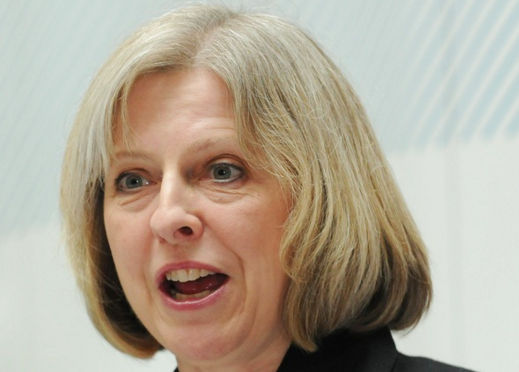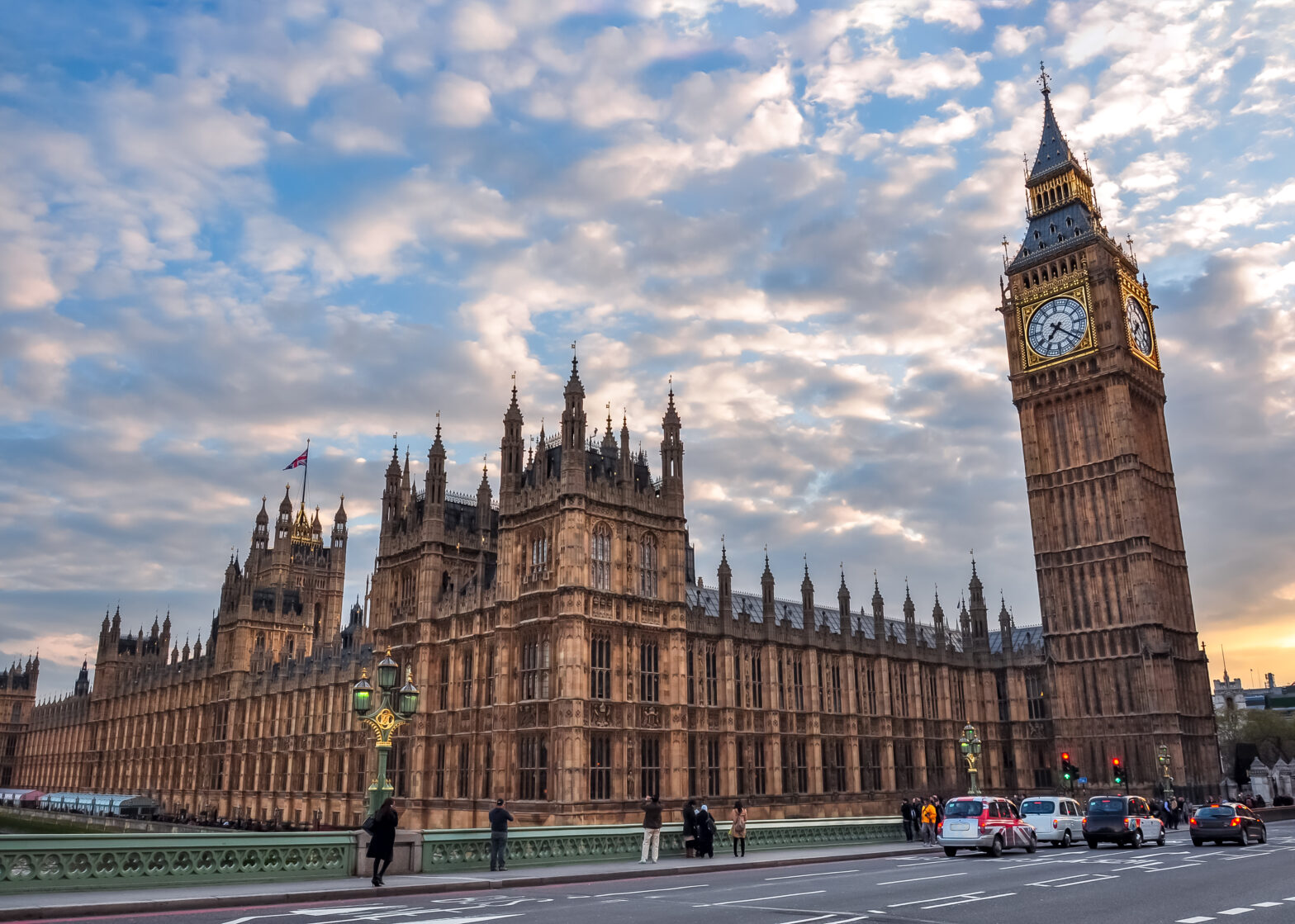The Investigatory Powers Bill requires significant amendments and clarity before it can be put before Parliament, according to the Joint Committee formed to scrutinise the drafting of the legislation.
In a report published today, the Joint Committee made 86 recommendations to the government on what has been dubbed the ‘snooper’s charter’.
It joins two other cross-party Parliamentary committees in being critical of the Home Office’s new Bill, which seeks to give police and other public bodies greater powers to monitor online communications.
UK security services have had access to phone and internet records for many years now. Not even a ruling in 2014 by the EU’s Court of Justice to render it an illegal breach of human rights could stop them, after the government fast-tracked an emergency law through parliament to overrule it.
Indeed, the findings of a freedom of information request last year by civil liberties group Big Brother Watch revealed that British police are granted access to private phone and email records almost every two minutes.
However, the government has claimed this is not enough to sufficiently combat terrorist threats. Prime minister David Cameron said in January 2015, ‘In our country, do we want to allow a means of communication between people which we cannot read? My answer to that question is: no, we must not.’
This statement was widely interpreted as plans to ban end-to-end encryption in online messaging services like Facebook, WhatsApp and iMessage, which, the government claims, allow terrorists to plot attacks without being detected.
The Home Secretary Theresa May assured the Committee last month that its approach to encryption is not designed to compromise security or require the creation of ‘backdoors’. However, the Committee’s report expresses concern that this is not clear in the drafting of the legislation.
The Committee has also recommended that if bulk powers are to be included, a fuller justification for each should also be published alongside the Bill.
And while it recognised “desirability” in internet connection records (ICRs), which document the internet services that have been accessed by a device, it said the government had not proved the case for them.
Lord Murphy of Torfaen, who chairs the Joint Committee, said the Home Office “has a significant amount of further work to do before Parliament can be confident that the provisions have been fully thought through”.
“The Prime Minister described the draft Bill as being the most important in the current session,” said Lord Murphy. “It is indeed significant in scale and scope and comes at a time when public debates over the tension between civil liberties and security are prominent.
“In a number of areas the definitions used in the Bill will be important, and we have asked the Home Office to do more to address these. We make a series of recommendations which aim to ensure that the new system will deliver the increased independence and oversight which has been promised.
“Much of the important detail about the way the new legislation will work is to be contained in a set of Codes of Practice. We echo the calls of other parliamentary committees that these should be published alongside the Bill.”







